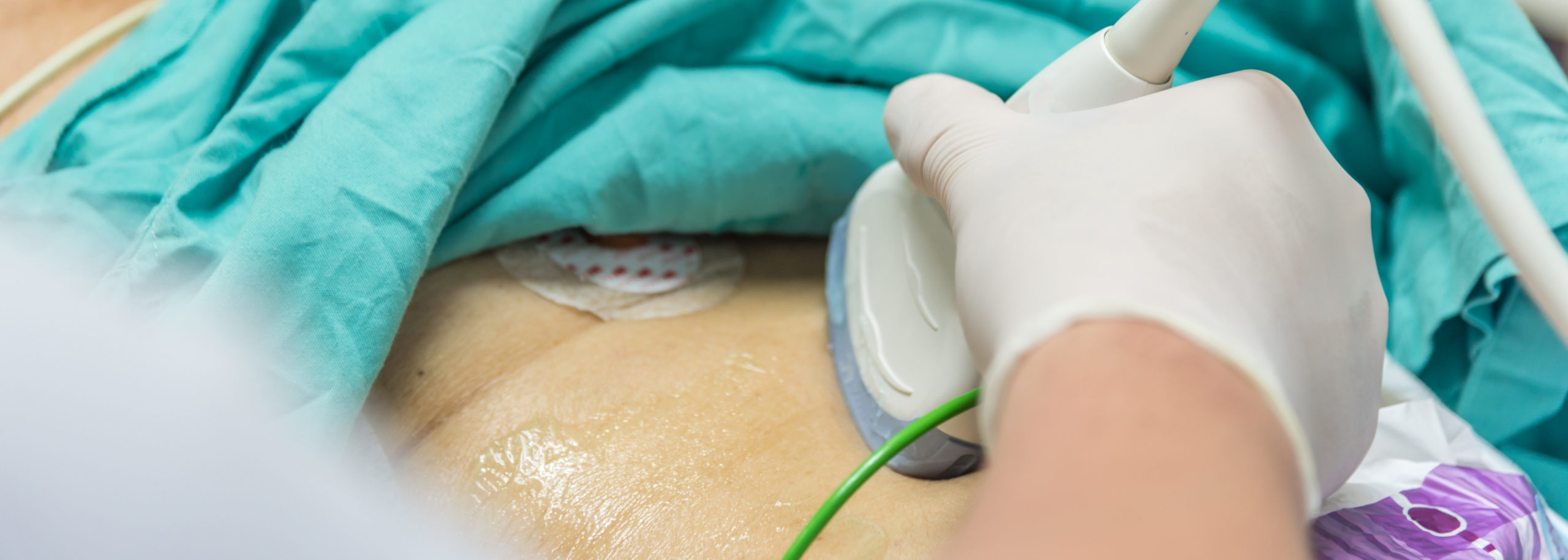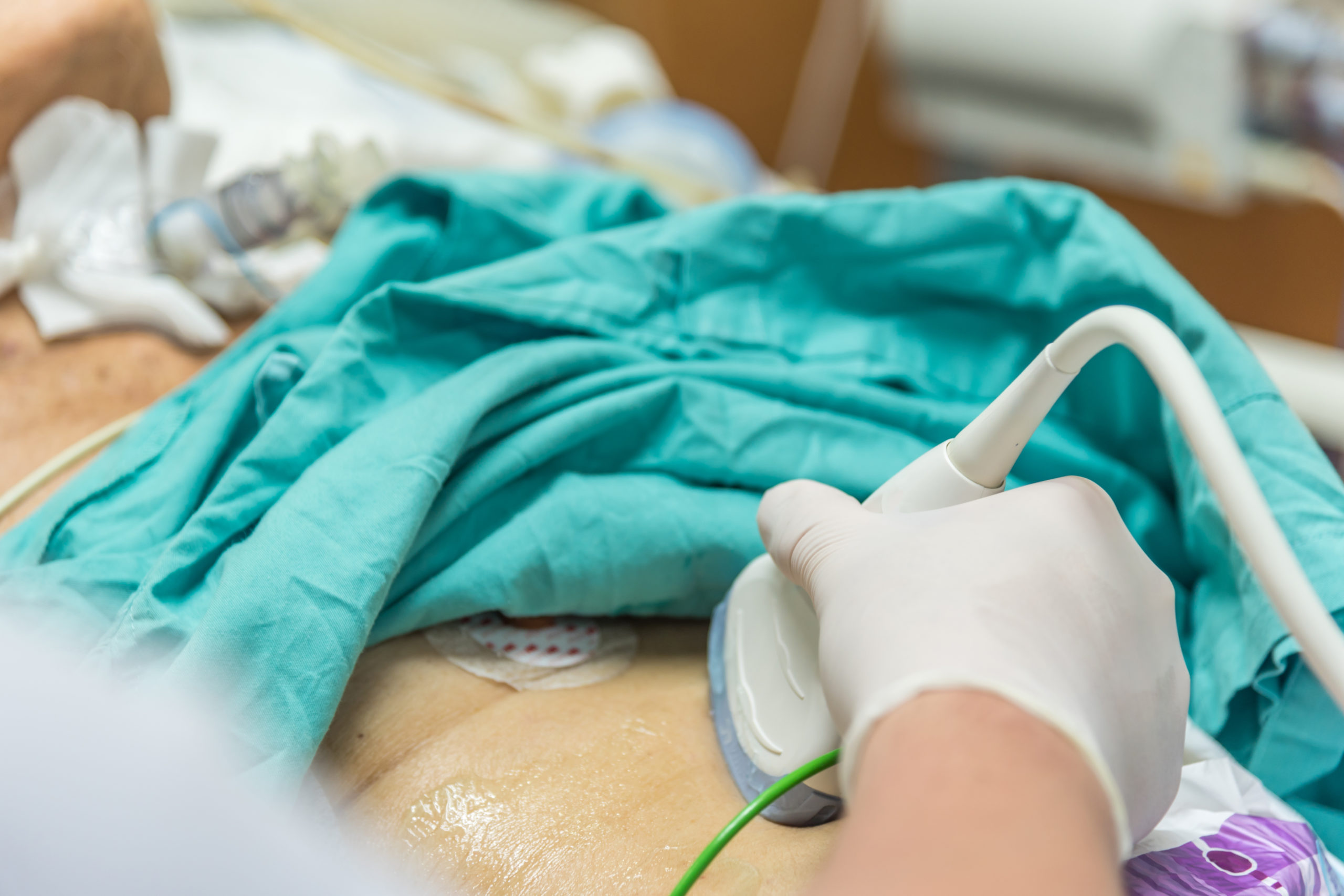Published: 07/08/2021
Rwanda is a leader in providing quality emergency medicine (EM) services in eastern Africa, with University Central Hospital of Kigali (CHUK) at the forefront with its four-year EM and critical care residency program. However, the program lacks standardized training for one life-saving skill common in emergency residency programs in high-income countries: point-of-care ultrasound (POCUS). POCUS allows bedside clinicians to conduct ultrasounds that can rapidly gather diagnostic information and guide therapeutic interventions across multiple organ systems without the need of another specialist. It plays a significant role in the diagnosis and management of patients in most emergency departments with specialty-trained EM physicians.
This seed grant project seeks to save lives and reduce morbidity in emergency and casualty ward patients by developing and assessing the effectiveness of a context-specific POCUS training program for hospital-based physicians in Rwanda. They hope this training will improve residents’ comfort and skill using POCUS in order to improve patient diagnosis and quality of care.
This type of sustainable education and quality assurance program could be used as a model for other emergency training programs in LMICs, increasing the utilization of point-of-care ultrasound and impacting patient care in each site.
Principal Investigator Enoch Obeng
“I hope that the point-of-care ultrasound education and quality assurance program we develop during this project continues to be implemented by Rwandan emergency physicians for years to come,” said Co-PI Dr. Enoch Obeng. “This type of sustainable education and quality assurance program could be used as a model for other emergency training programs in LMICs, increasing the utilization of point-of-care ultrasound and impacting patient care in each site.”
Principal investigators: Michelle Feltes, Enoch Obeng, Patrick Lanter
Funders: Stanford Emergency Medicine

